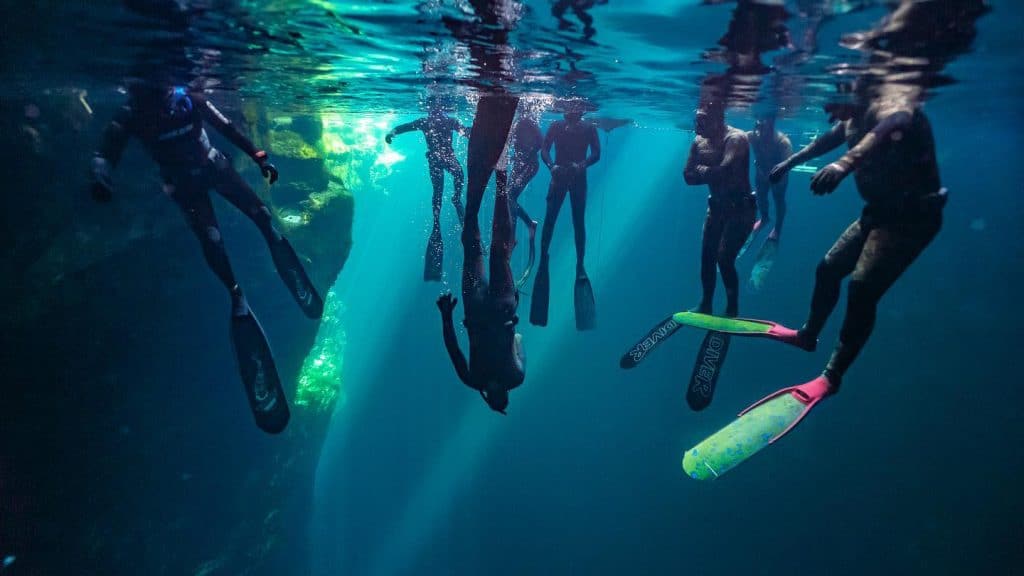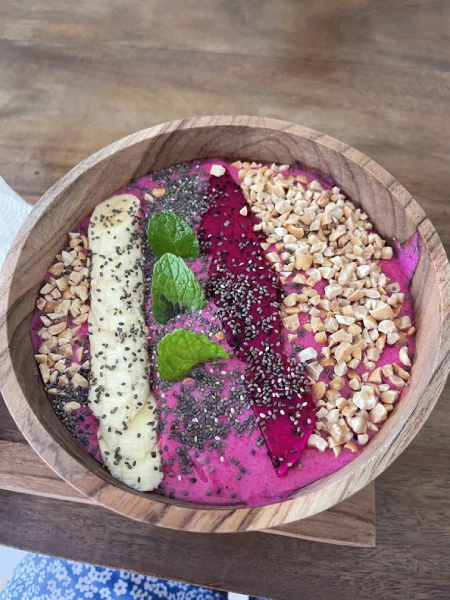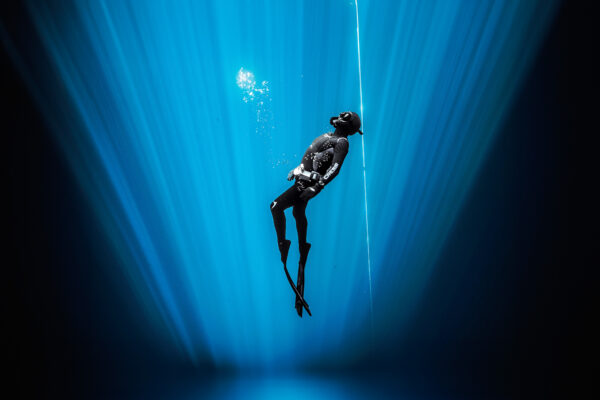Food for thought and Freediving
Have you ever considered eating specifically for your sport?
There are some foods that could enhance your performance in Freediving. A good diet for freediving should include easily digestible foods as well as foods that are nutrient dense, thus giving you more bang for your buck.
Beetroot for example:
Fights inflammation, improves digestive health, energy and brain health.
Beetroots and beetroot juice have been associated with numerous health benefits, including improved blood flow, lower blood pressure, and increased exercise performance. Several studies suggest that dietary nitrates like those found in beets may enhance athletic performance. (www.ncbi.nlm.nih.gov)
Ginger:
Good for seasickness as it calms the belly; eating ginger encourages efficient digestion, so food doesn’t linger as long in the gut, helping with nausea relief.
Ginger increases serotonin and dopamine levels. This can reduce inflammation, which may cause depression. Ginger could also provide benefits for anxiety, depression, dementia, Alzheimer’s disease and post-traumatic stress disorder. Ease stomach pains: Ginger can treat nausea and motion sickness and also fight infections according to Humana.com. How cool is that!
Of course electrolytes and magnesium are vitally important as we sweat in the ocean and lose a lot of fluids and this can go undetected easily. So replacing the electrolytes and taking magnesium to reduce muscle soreness is essential. Magnesium helps to relieve muscle cramps as well as stabilises blood pressure, which is helpful to know when freediving as of course we want our heart rate and blood pressure to be low and slow.
Vitamin C and B are good for energy all the time but is helpful when diving as we can fatigue quickly in the water. Citrus, strawberries, tomatoes, things like that.
Iron is a good one to keep an eye on as it helps to carry oxygen around with the blood! Iron rich foods are leafy greens, dark chocolate, red meat and fish.
Fresh fruit is also rich in electrolytes and it has a high water content, thus keeping you hydrated longer while reducing the risk of cramps.
I would avoid coffee and other substances that increase our heart rate when diving.
Overall, it is important to keep a healthy mind body and soul, by staying active, eating well, staying hydrated and getting enough rest!
Eat well guys, stay strong and keep diving!
Elle Power




